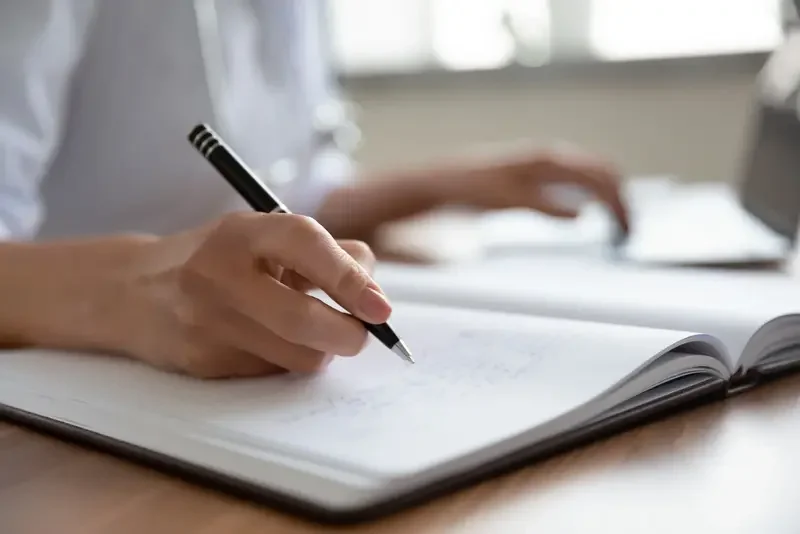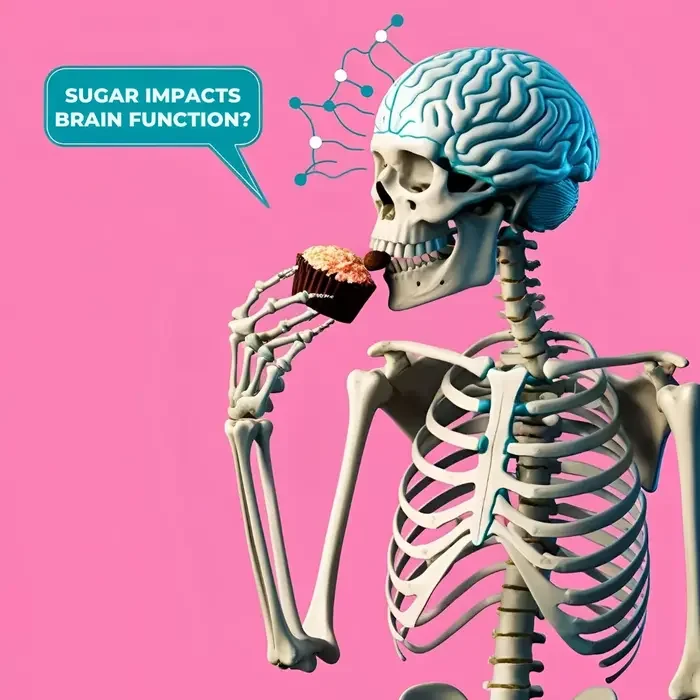In today’s fast-paced digital world, where typing and touchscreens dominate how we communicate and learn, the timeless act of handwriting is proving to be one of the most powerful exercises for the human brain. Neuroscientists have found that writing by hand activates far more brain regions than typing, forming stronger neural connections essential for memory, learning, and overall cognitive development.
When a person writes, the brain coordinates motor control, visual processing, and language comprehension all at once. This multisensory engagement strengthens how information is encoded, making it easier to retain and recall later. Typing, on the other hand, involves repetitive finger motions that require less mental effort, leading to weaker memory formation and less deep processing of information.
Multiple studies show that students who take handwritten notes perform better in tests than those who rely on laptops. Handwriting encourages active learning — it forces the brain to process information deeply through summarizing, paraphrasing, and organizing ideas. This deeper engagement enhances understanding, critical thinking, and long-term retention of concepts.
Beyond academics, handwriting also delivers broader psychological and creative benefits. The simple act of journaling, sketching, or even writing to-do lists helps improve focus, creativity, and emotional balance. It engages the mind in a calm, tactile, and mindful way that typing cannot replicate. Neuroscientists describe it as a “workout for the brain,” where each stroke of the pen sends reinforcing signals through neural pathways that strengthen memory and learning capacity.
Even small daily habits—like writing a short journal entry, copying key notes, or crafting a letter by hand—can make a measurable difference in cognitive health. These simple practices help maintain brain plasticity, support emotional well-being, and encourage mindfulness in an increasingly distracted world.
Handwriting, therefore, isn’t just a nostalgic art form—it’s a scientifically proven way to sharpen your mind. Every word written on paper builds stronger brain connections, enhances memory, and nurtures creativity. In an era dominated by digital efficiency, picking up a pen remains one of the most powerful—and human—ways to keep your brain active and resilient.




































